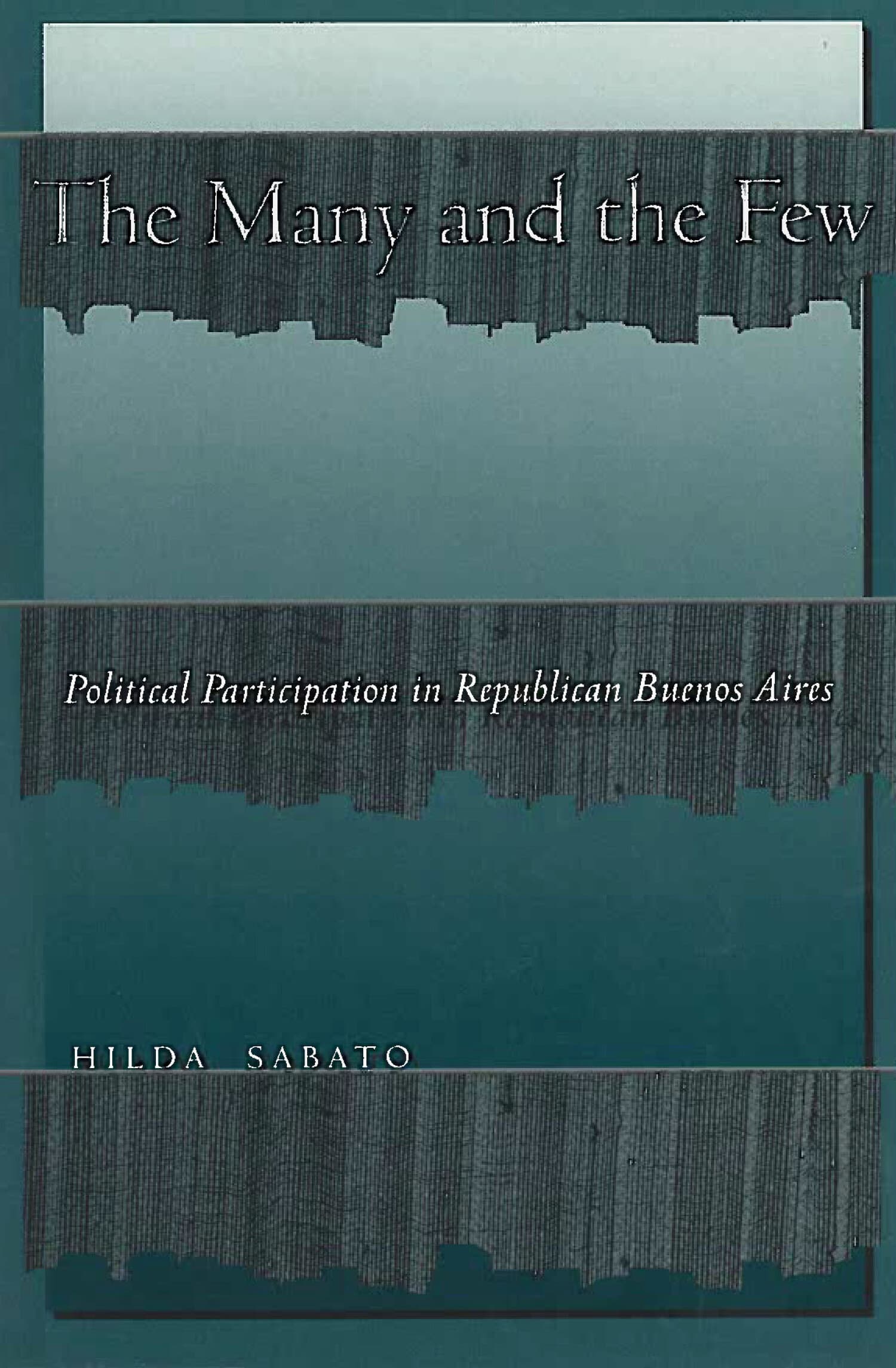Melodramatic Tactics
Theatricalized Dissent in the English Marketplace, 1800-1885
Elaine Hadley
Award Winner
1996: MLA Prize for a First Book
Winner of the 1996 MLA Prize for a First Book, sponsored by the Modern Language Association.
October 1995
320 Pages
Hardcover ISBN: 9780804724036

This pathbreaking work analyzes melodrama as not merely a theatrical genre but as a behavioral paradigm of the nineteenth century, manifest in the theater, in literature, and in society. It shows how the melodramatic mode reaffirmed the familial, hierarchical, and public grounds for ethical behavior and identity that characterized models of social exchange and organization.
"This is a very significant and original contribution to our understanding of melodrama per se and, more generally, of Victorian social relations and cultural representations. Moreover, it is a masterful demonstration of the kind of historical research that many in literary studies now talk of doing, but few do with such vigor and thoroughness."—Christina Crosby, Wesleyan University
"Centering her discussion around the term 'melodramatic modes,' Hadley examines a response to the social, economic, and epistemological changes that characterized the Consolidation of market society in the nineteenth century. . . . In spite of the fact that she covers the whole of the nineteenth century and cites multiple examples, Hadley's approach is unified, fresh, and innovative. She suggests new and significant ways of looking at Victorian culture and challenging some traditional judgments."—Choice
"Centering her discussion around the term 'melodramatic modes,' Hadley examines a response to the social, economic, and epistemological changes that characterized the Consolidation of market society in the nineteenth century. . . . In spite of the fact that she covers the whole of the nineteenth century and cites multiple examples, Hadley's approach is unified, fresh, and innovative. She suggests new and significant ways of looking at Victorian culture and challenging some traditional judgments."—Choice
Elaine Hadley is Assistant Professor of English and of the Humanities at the University of Chicago.




